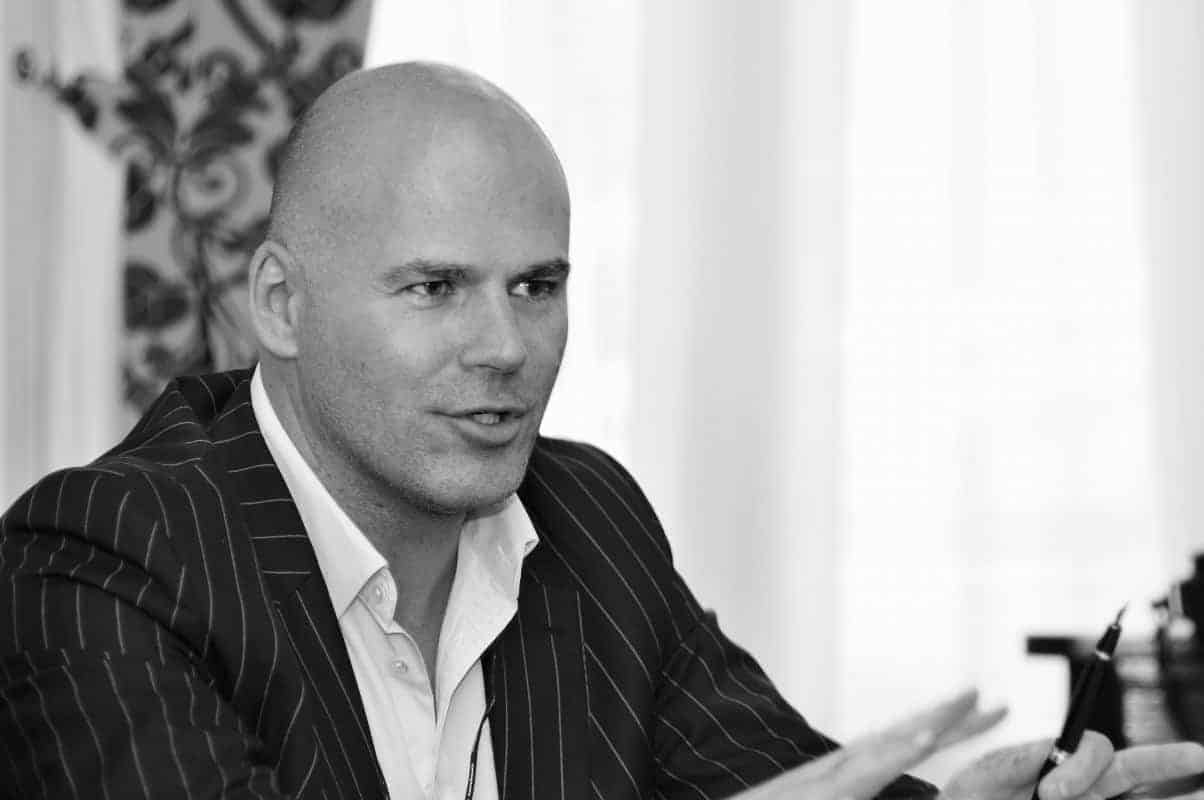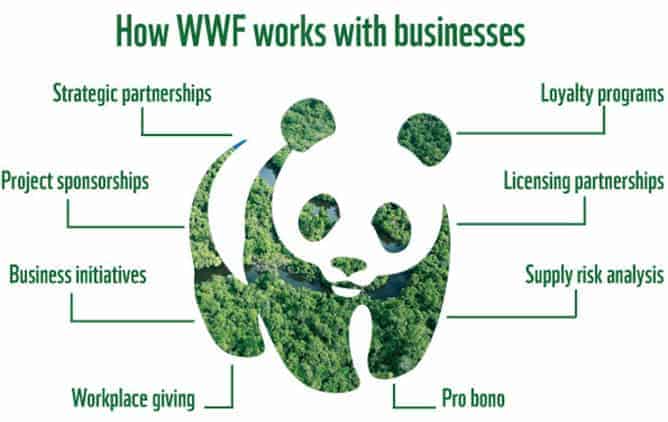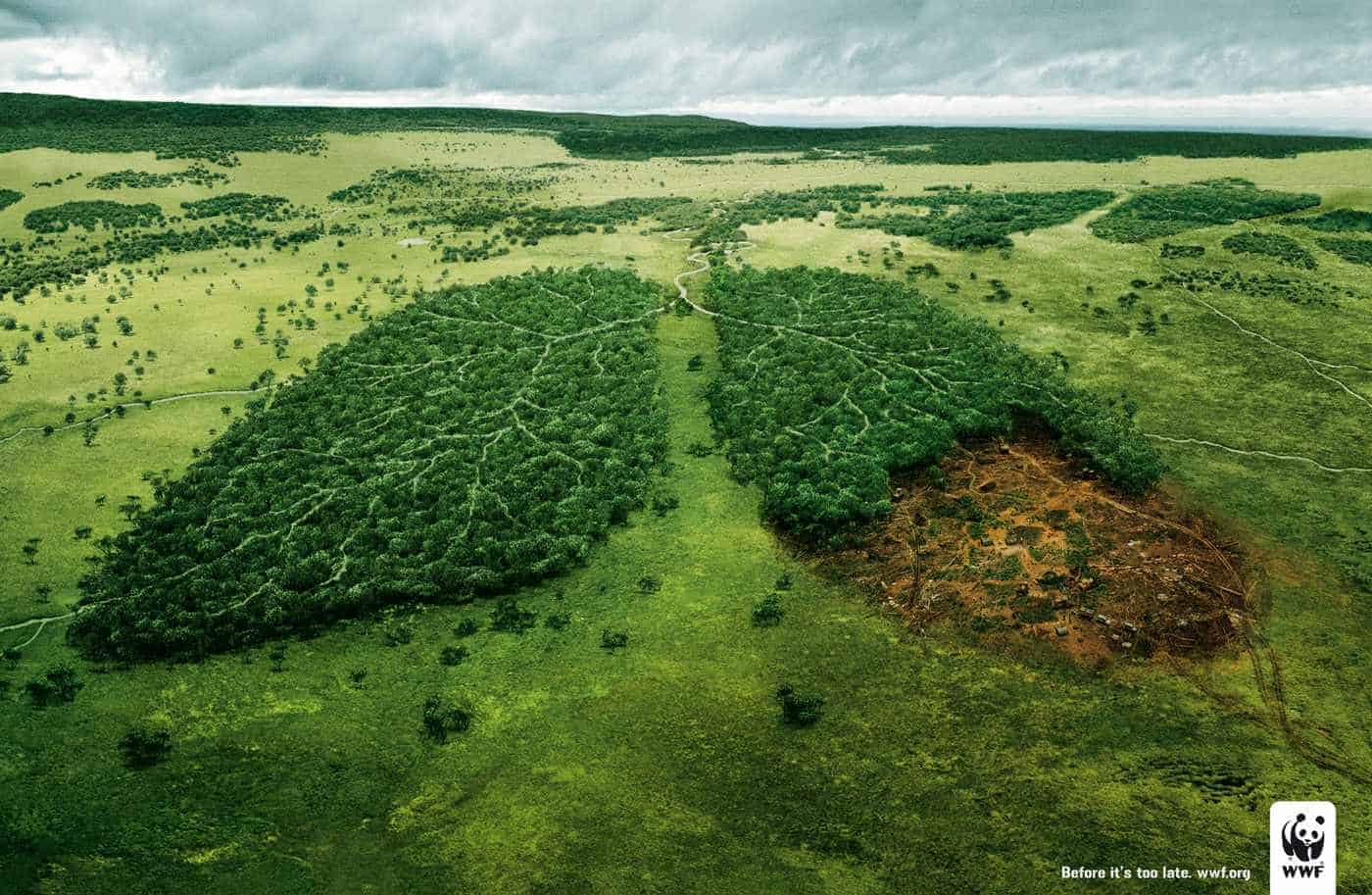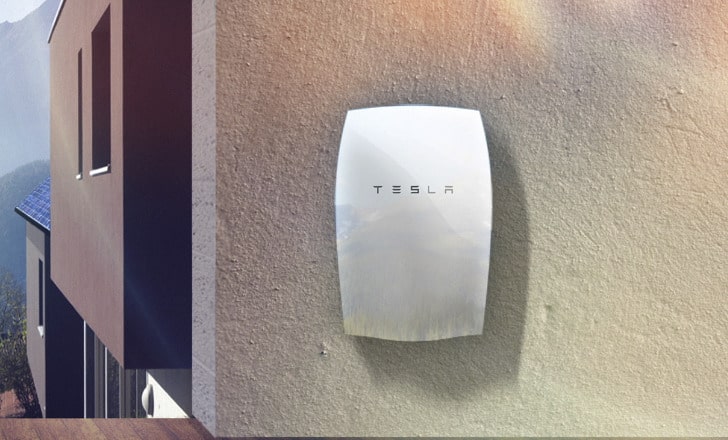Greenhouse Pioneer: Trevor Hutchings, WWF-UK
WWF strives to protect biodiversity on a global scale. They work to promote sustainable development in the world’s poorest countries andseek solutions to our most serious environmental challenges by bringing together industry, investors, consumer groups and political leaders to work through complex issues, identify barriers to sustainability and devise plans for system change.

Trevor Hutchings, Director of Advocacy at WWF-UK.
Trevor Hutchings, Director of Advocacy at WWF-UK joined the global conservation NGO in May 2013 and works with governments, businesses and international institutions to strengthen environmental governance. Prior to joining WWF-UK, Trevor worked in a number of government departments and at the European Commission. His most recent role was at the Department of Energy and Climate Change (DECC) where he was responsble for major government programmes on energy efficiency, the low carbon economy and reducing the UK’s greenhouse gas emissions.
We caught up with Trevorto talk about WWF’s exciting journey ofsuccessesand the challenges they face, where he wants to take the organisation next, and what advice he would give to individuals wanting to make positive change…
Tell us about WWK-UK- what’s your mission?
For over 50 years, WWF’s famous panda logo has been one of the most recognised and respected symbols of conservation and environmental protection. Our mission is to help build a future in which humans live in harmony with nature.
What motivates you?
Succeeding in whatever challenge I set myself. Also knowing that the world has the necessary technologies today to address climate change, and that it’s only really politics getting in the way.
What is your greatest achievement to date?
My biggest successes have always been a team effort. The best teams are those comprising a diverse mix of experience, skills and backgrounds, together with a ‘can do’ approach to getting stuff done. I have been privileged to have led great teams which have delivered transformational change on marine protection, climate change, energy policy and sustainable development during postings at Defra, DECC, the European Commission and now WWF.
 What are the challenges you face?
What are the challenges you face?
Shifting the narrative on what sustainability means for consumers, businesses, governments and international institutions. All too often the transition to a more sustainable world is perceived as one where lifestyle, profit and growth all need to be compromised. This narrative is deeply flawed and does not inspire or mobilise the action needed. A low carbon and sustainable word is in fact a very exciting place to be – just look at how renewable energy, electric vehicles, the Internet of things, advanced manufacturing and the sharing economy – to name a few – are transforming the way we live for the better.
What are you working on that’s getting you fired up and excited?
WWF is partnering with the National Oceanography Centre on a project to better understand how autonomous vehicles – ‘ocean robots’ if you like – can transform the way we collect data at sea. Such vehicles can complement research vessels which have traditionally formed the backbone of marine science, and potentially offset some of their costs. Improving marine management through the provision of more cost effective data collection will help ensure our seas and oceans are safeguarded and continue to provide substantial social and economic benefits to the UK and beyond.
Where do you want to take WWF-UK next?
Unprecedented social and economic development in recent decades has been matched by adecline in the world’s natural capital. This decline has been driven by over-exploitation, and by the loss and degradation of habitats. In short we are exceeding the environmental limits of our one planet. This makes the work of WWF ever more pressing and we are constantly evolving to ensure our work delivers the transformational change required. This includes running exemplar conservation programmes on the ground, strengthening environmental governance through our work to influence governments and international institutions, and partnering with and challenging businesses to do better.
 What can we, as individuals, do to make a difference?
What can we, as individuals, do to make a difference?
There are lots of things we as individuals can do. To list a few: use your purchasing power to pull through higher environmental standards, for example by looking out for MSC (Marine Stewardship Council) labelled fish or FSC (Forest Stewardship Council) timber products. Consider where your money is invested, does your pension scheme invest in polluting fossil fuels for example. Make sure your home is as energy efficient as possible thereby cutting down emissions, and saving money on your bill. Engage and challenge your local MP on climate change and other environmental issues. And, of course, support WWF in the amazing work we do around the world by making a donation or signing up to our campaigns.
If you were Prime Minister/President for a day, what would be the first thing you’d do?
Bang a few heads together, notably those in Treasury to ensure we have a clear and coherent policy landscape to decarbonise the UK economy in the most cost effective way. This would help ensure we attract the inward investment needed for the UK to reap the huge social and economic benefits of the global a transition to low carbon living.
What’s the coolest project or product you’ve come across, and inspired you?
Energy storage is going to play a much bigger role in the energy system of the future. The Tesla Powerwallbattery is a great example of innovation in this space and there will be much more to come. Electricity storage will unlock the full potential of renewable technologies and alongside energy efficiency and other demand side measures will help balance the grid, smoothing out peak demand and displacing more expensive renewable generation. I think the government should be doing more to bring this about, such as by mandating energy suppliers to offer a time of use tariff that would help drive the market in energy storage.

Tesla Powerwall Battery
Can you recommend a life- or game-changing book for our readers?
I listened to a talk by Robin Chase the other week. Robin invented Zipcar and has recently published a book called Peers Inc. It’s all about the collaborative economy, where excess capacity is utilised to transform the economics of what’s possible. While I don’t agree with everything Robin says, it’s clear that the collaborative, or sharing, economy is challenging traditional business models and if done right has the potential to drive significant environmental benefit over business as usual.
What do you listen to when you’re cooking dinner?
I do enjoy having Have I Got News for You on in the background. It certainly plays to my sense of humour, and a few years ago a magazine I was responsible for when I worked at Defra was featured as the guest publication, Shellfish News. The line was something about pulling a mussel if I recall:
What’s the best advice you’ve ever been given?
An hour in bed before midnight is worth two hours after midnight…I think this captures much more than just the importance of getting a good nights sleep. It also underscores the value of good planning and preparation, and always keeping ahead of the game.
Can you leave us with who’d be your Eco Hero?
My Eco Hero’s are the younger generations who don’t question whether climate change is happening or whether it’s man made, or who believe it’s someone else’s problem. They’ve moved way beyond this and are in solutions mode, exploiting green business opportunities and being inspired by the things a low carbon and sustainable world can offer.
If you’d like to find out more about WWF-UKand the work they’re doing, take a look at their blog or follow them on Twitter.


